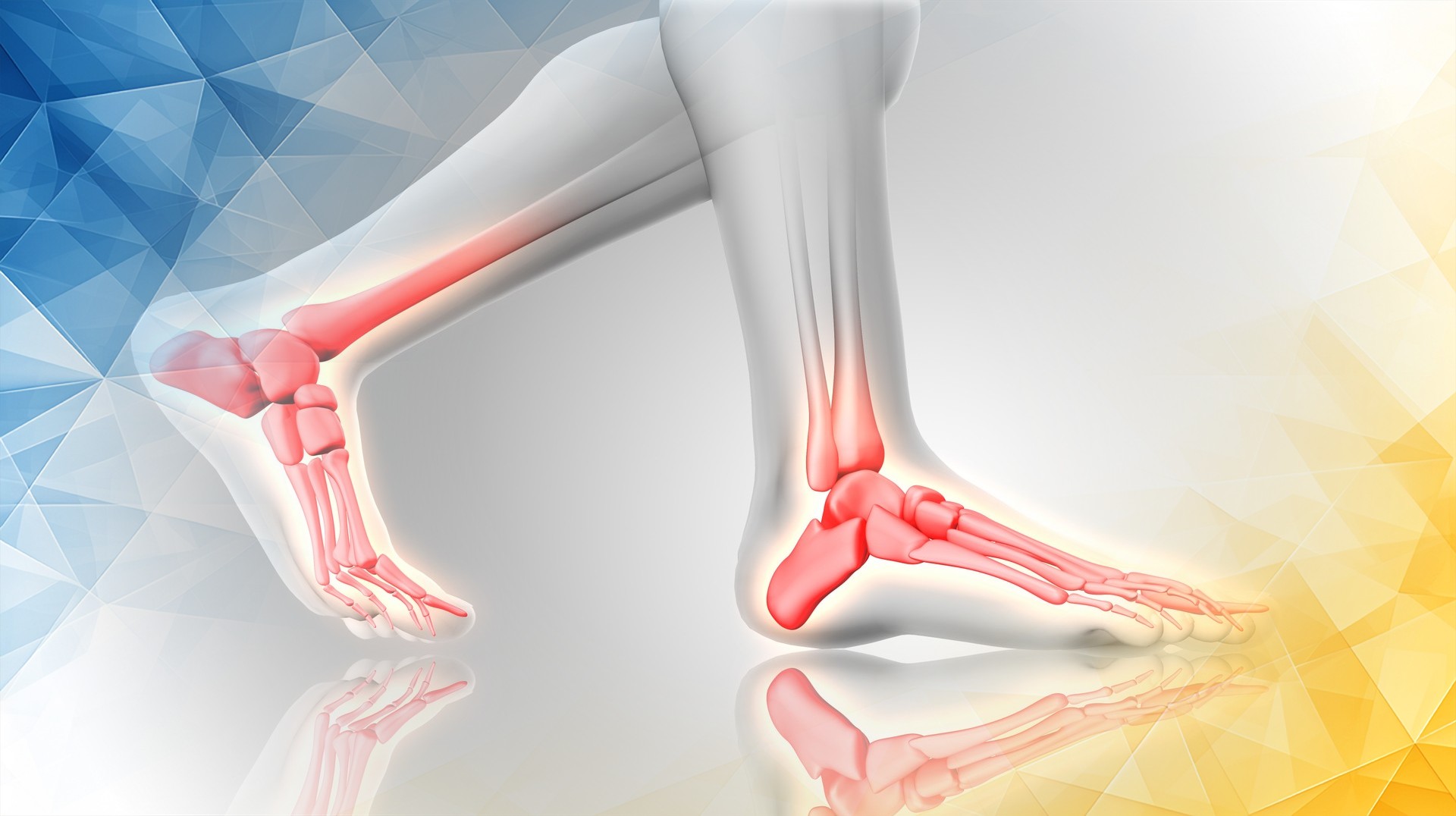



In the realm of orthopaedic care and sports medicine, microfracture surgery has been a topic of much discussion. Particularly favoured for treating damaged articular cartilage in knees, it holds a beacon of hope for athletes and active individuals alike. However, as with any medical procedure, it’s crucial to dive deep into what it entails, its efficacy, and how it stacks up against alternative treatments. This article aims to demystify microfracture surgery, providing you with the insights needed to make an informed decision on your journey to recovery.
Microfracture surgery is a technique designed to address damaged cartilage, primarily in the knee joint. The procedure involves creating tiny fractures in the bone beneath the damaged cartilage. These fractures encourage the body to initiate a healing response, producing new cartilage tissue. Initially, microfracture surgery showed promise, especially for athletes seeking to return to their sports. However, the long-term effectiveness of this procedure has been a subject of debate within the medical community.
While the short-term outcomes can be encouraging, studies and clinical experiences suggest that the success of microfracture surgery may wane over time. The core challenge lies in the nature of the cartilage repair process. The newly formed tissue, often referred to as “fibrocartilage,” differs from the original articular cartilage in both structure and durability. Consequently, patients may experience a recurrence of pain and decreased joint function as the repair tissue deteriorates, especially under the continued stress of high-impact activities.
Given the limitations of microfracture surgery, the orthopaedic field has been fervently exploring alternative treatments. These include:
Deciding on the appropriate treatment requires a comprehensive evaluation of your specific condition, lifestyle, and long-term health goals. Factors such as the extent of cartilage damage, age, activity level, and overall joint health play a crucial role in determining the most suitable approach.
The long-term effectiveness can diminish over time, mainly due to the difference in durability and structure of the newly formed tissue compared to the original cartilage.
Alternatives include Autologous Chondrocyte Implantation (ACI), mosaicplasty, and the use of Mesenchymal Stromal Cells (MSCs), each with its own set of advantages and considerations.
ACI shows promise in creating a more durable repair tissue, although it comes with a higher risk of reoperation.
Mosaicplasty may offer more lasting results in suitable candidates, particularly those with smaller areas of damage and younger patients.
While some patients experience initial improvement, the long-term durability of the repair tissue can lead to a recurrence of symptoms over time.
Stem cell therapy is a burgeoning field, offering potential new avenues for effectively repairing cartilage damage.
Choosing the right path for cartilage repair is a journey best navigated with comprehensive information and guidance from trusted medical professionals. At London Cartilage Clinic, we’re committed to providing our patients with the knowledge and care necessary to make informed decisions about their treatment options, prioritising long-term joint health and mobility.
All our treatments are selected to help patients achieve the best possible outcomes and return to the quality of life they deserve. Get in touch if you have any questions.
At London Cartilage Clinic, we are constantly staying up-to-date on the latest treatment options for knee injuries and ongoing knee health issues. As a result, our patients have access to the best equipment, techniques, and expertise in the field, whether it’s for cartilage repair, regeneration, or replacement.
For the best in patient care and cartilage knowledge, contact London Cartilage Clinic today.
At London Cartilage Clinic, our team has spent years gaining an in-depth understanding of human biology and the skills necessary to provide a wide range of cartilage treatments. It’s our mission to administer comprehensive care through innovative solutions targeted at key areas, including cartilage injuries. During an initial consultation, one of our medical professionals will establish which path forward is best for you.
Contact us if you have any questions about the various treatment methods on offer.
Legal & Medical Disclaimer
This article is written by an independent contributor and reflects their own views and experience, not necessarily those of londoncartilage.com. It is provided for general information and education only and does not constitute medical advice, diagnosis, or treatment.
Always seek personalised advice from a qualified healthcare professional before making decisions about your health. londoncartilage.com accepts no responsibility for errors, omissions, third-party content, or any loss, damage, or injury arising from reliance on this material. If you believe this article contains inaccurate or infringing content, please contact us at [email protected].